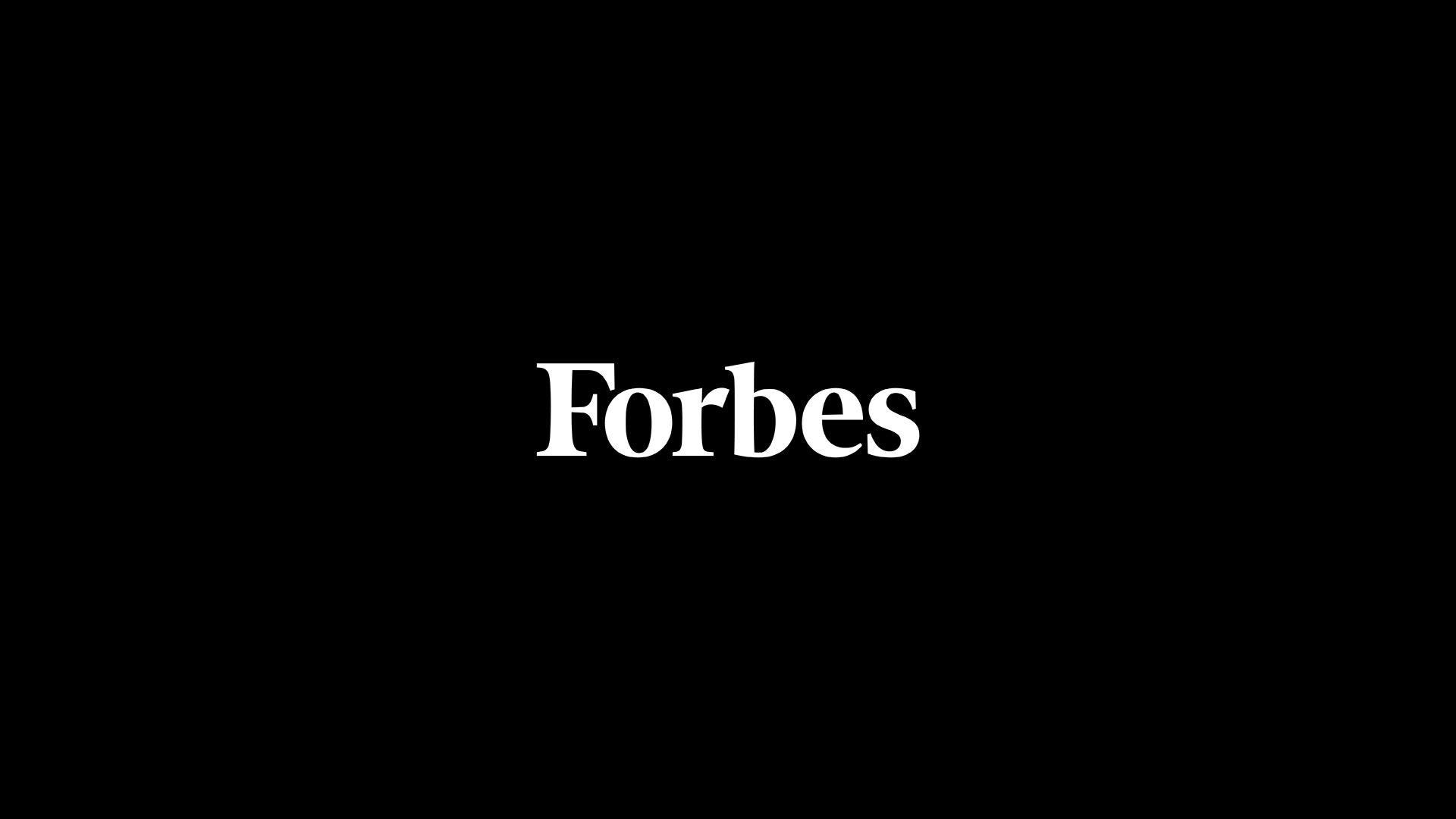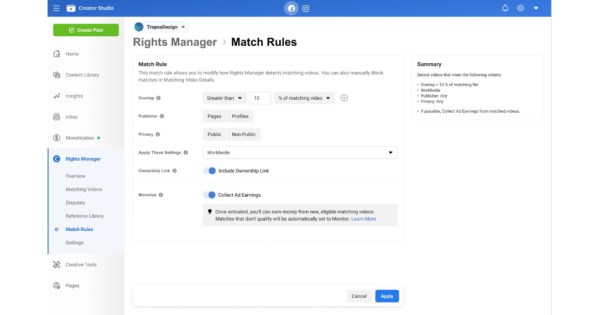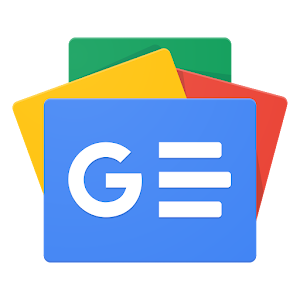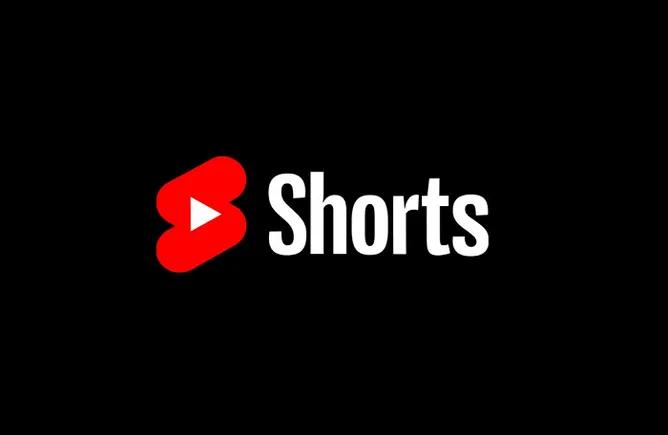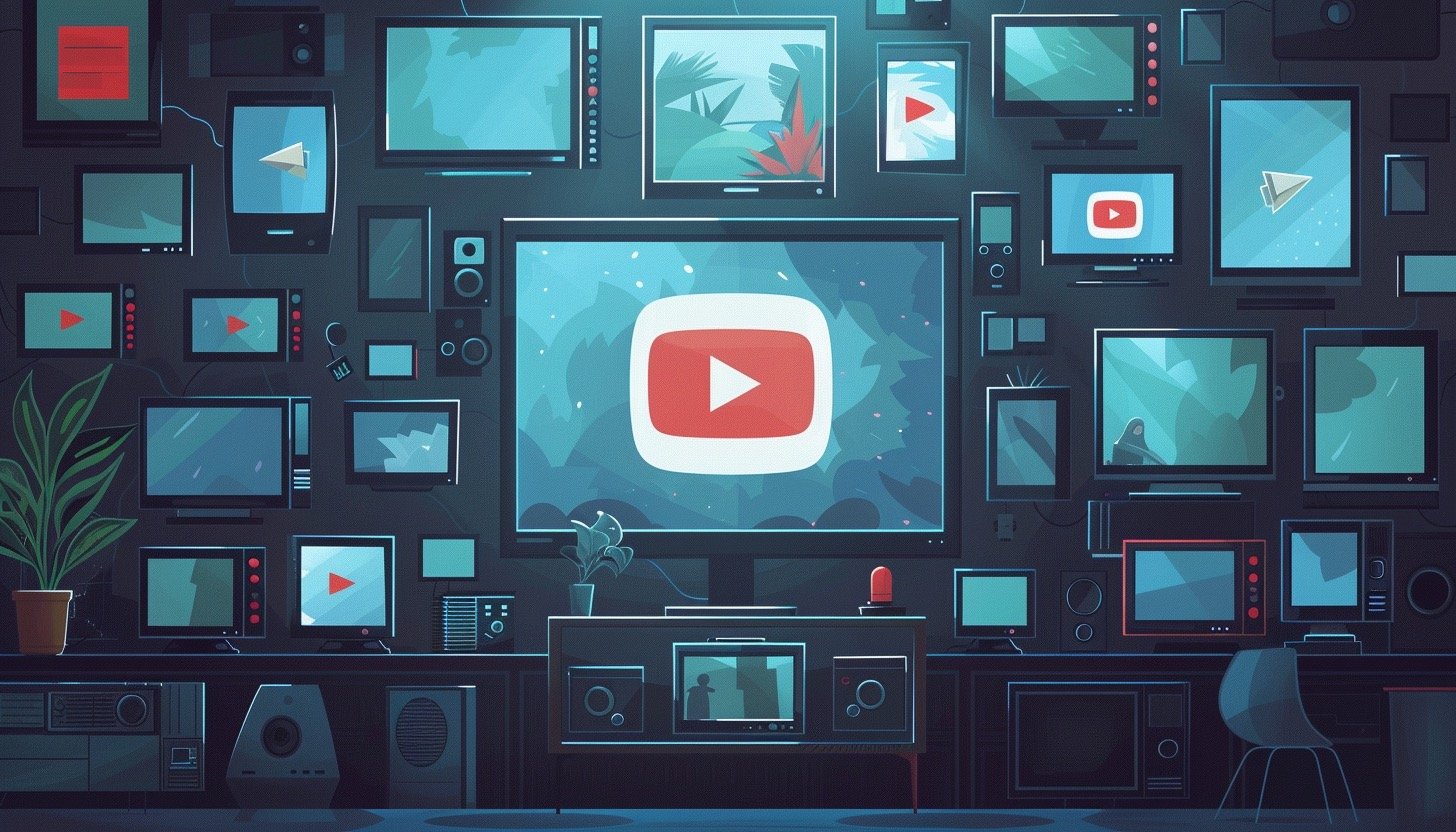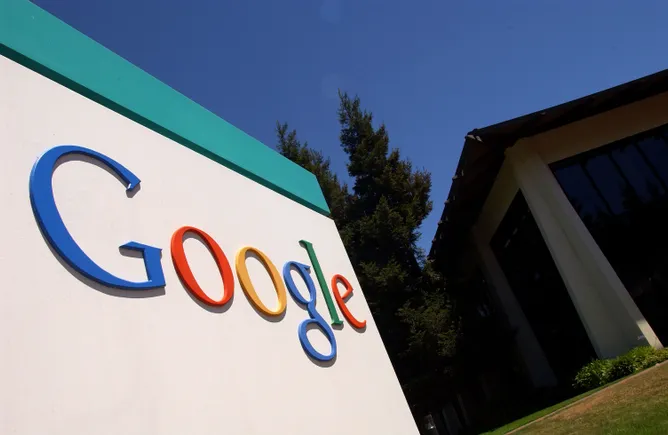Kenyan artistes will make more money from social media giant Facebook after it unveiled plans to pay content creators for video Reels.
Content creators, who include celebrities, will no longer need to depend on only working with brands and sponsored campaigns to get paid for creating and sharing content online.
They will now also get paid incentives by Meta, which owns Facebook, for their Reels based on the performance of their content. This follows Meta’s move to expand its Reels Play Bonus. The bonus incentive will be based on engagements with one’s Reels (views, likes, comments and mentions).
“By far, Reels are our fastest growing content format,” Rofhiwa Maneta, head of creator partnerships, told the Saturday Nation during Meta’s recent Creators Brunch in Nairobi.
Kenyans can now make money directly from their Reels just like American influencers who make, on average, from $2,970 (Sh355,000) to $15,356 (Sh1.8 million) per month, according to the Hype Auditor 2021 report. The earnings vary depending on the number of one’s followers.
How Reels Play Bonus works
Play bonuses will be paid based on the play target set and views. To qualify, an artiste must have over 1,000 views. Unclaimed bonuses will expire upon a given date.
Influencers or content creators will choose from any number of Reels to count towards the Play Bonus earnings during the 30 days. Only Reels that hit 1,000 views will be counted for Play Bonus.
Bonus payouts will be determined by the performance of the Reels, while the per-play earnings may change over time.
The target number of plays and maximum payouts vary among creators.
For instance, in the case of Miguel Lozada, a content creator based in Los Angeles, who shared his target on Twitter, he was required to make enough Reels that would hit 9.28 million plays within 30 days to earn a maximum bonus of $8,500 (Sh1 million).
Yet another creator, Mark Guim, based in New York, earned a maximum bonus of $1,200 (Sh143,000) for achieving his target of one million plays.
In other words, Facebook personalises the target number of plays and maximum earning potential for each creator, as exact details and requirements to earn a Play Bonus vary from account to account.
Even if creators don’t manage to hit the target number of plays, they still earn a bonus if they hit 1,000 views within a 30-day period.
Extra cash
For instance, Meta offered influencer Veronica Cannady a maximum bonus of $35,000 (Sh4.2 million) for 50 million views. While she didn’t achieve the target, she still took home $22,000 (Sh2.6 million).
Besides Reels, local content creators will also be able to make money from In-Stream or Overlay Ads.
“On In-Stream Ads, banner ads appear at the bottom of a Reel in the form of a single static image, and sticker ads are single static image ads that can be opted into and placed anywhere by a creator or partner within their Reels and Live Videos. These ads won’t interrupt the video you’re watching,” Maneta explained.
Ads aren’t new to Reels. Meta has been running Ads on Facebook and Instagram Reels since 2021. However, what’s new is the controlled overlay ads that share revenue with content creators. When overlay ads appear on creators’ Reels, they will receive 55 per cent of the advertising revenue, with Meta taking the remaining percentage.
But here is the catch: for creators to be eligible for the In-Stream ads, they must have at least 10,000 followers, 600,000 minutes of content watched within 60 days and at least five videos published live on Facebook.
Maneta also said Meta is testing other monetisation programmes for content creators that will be rolled out in Kenya once they are finalised.
“There is a Fan subscriptions, which will allow creators to monetise and become closer to their most engaged followers by offering exclusive content and experiences,” Maneta said.
Digital good
“Fans can support their favourite creators directly through payments that recur each month. There is also Facebook Stars, which are a digital good that fans can buy and send to support creators.
“Any page or new page experience that has more than 1,000 followers over 60 days will be eligible to apply to be part of the Stars programme. Viewers can buy Stars and send them on videos that have Stars enabled.”
The monetisation programme has been rolled out in Kenya but many local content creators aren’t aware of it, the Saturday Nation has learnt.
“The last time I checked, which is very recent, the programme wasn’t available in Kenya,” said Brian Mutinda, a leading Nairobi-based content creator.
Edwin Ondiek, online comedian Crazy Kennar’s manager, said: “It isn’t available yet. I did check as recently as Tuesday and when I asked, I was told they are working on it.”
Once only available on Instagram, Meta added Reels to Facebook in late 2021.
In July this year, Meta announced its $1 billion (Sh120 billion) creator fund plans, which will pay content creators incentives by the end of this year through new bonus programmes, branded content and additional schemes designed to keep creatives plugged into its app ecosystem.
Such additional programmes include the recent Creators of Tomorrow, which radio presenter Sheila Kwamboka, alias Kwambox, and online comedian Crazy Kennar (Kennedy Odhiambo) were picked to be part of, among 10 content creators from Africa who will benefit from it.
The 10 form part of the larger 150 content creators selected from all over the world to take part in the empowerment programme fully funded by Meta.
Meta says the programme aims to highlight diverse talent from across Africa, Europe and the Middle East, who are inspiring a new movement of creative content online.
“I am very informational on my content because I realised most people online are aesthetic and I love being Kwambox. I have never promoted my content but now with the few dollars from Meta, I want to show the world what I am all about,” Kwambox told the Saturday Nation.
But of all Meta’s initiatives, CEO Mark Zuckerberg places Reels as a top priority in the battle against Snapchat, YouTube and especially TikTok.
Meta’s foray into paying creators is a clear effort to counteract the competition, especially from TikTok products, with cold, hard cash.
Snapchat hands out $1 million (Sh120 million) daily to the most viral videos worldwide on its short-form video product, Spotlight. YouTube has its own $100 million (Sh12 billion) fund for YouTube Shorts, the company’s own TikTok clone. TikTok itself launched a $200 million (Sh24 billion) fund in 2020, but for creators based in the US only.
The Instagram and Facebook Reels Play Bonus programme was only available to US content creators during initial testing.
“The Reels Play Bonus pays eligible creators based on the performance of their Reels, and is available on both Facebook and Instagram,” Maneta said.
“Early this year, the Reels Play Bonus was rolled out to countries in the EMEA region (Europe, Middle East and Africa). Interested creators can sign up to be part of the programme.” Reels Play Bonus
